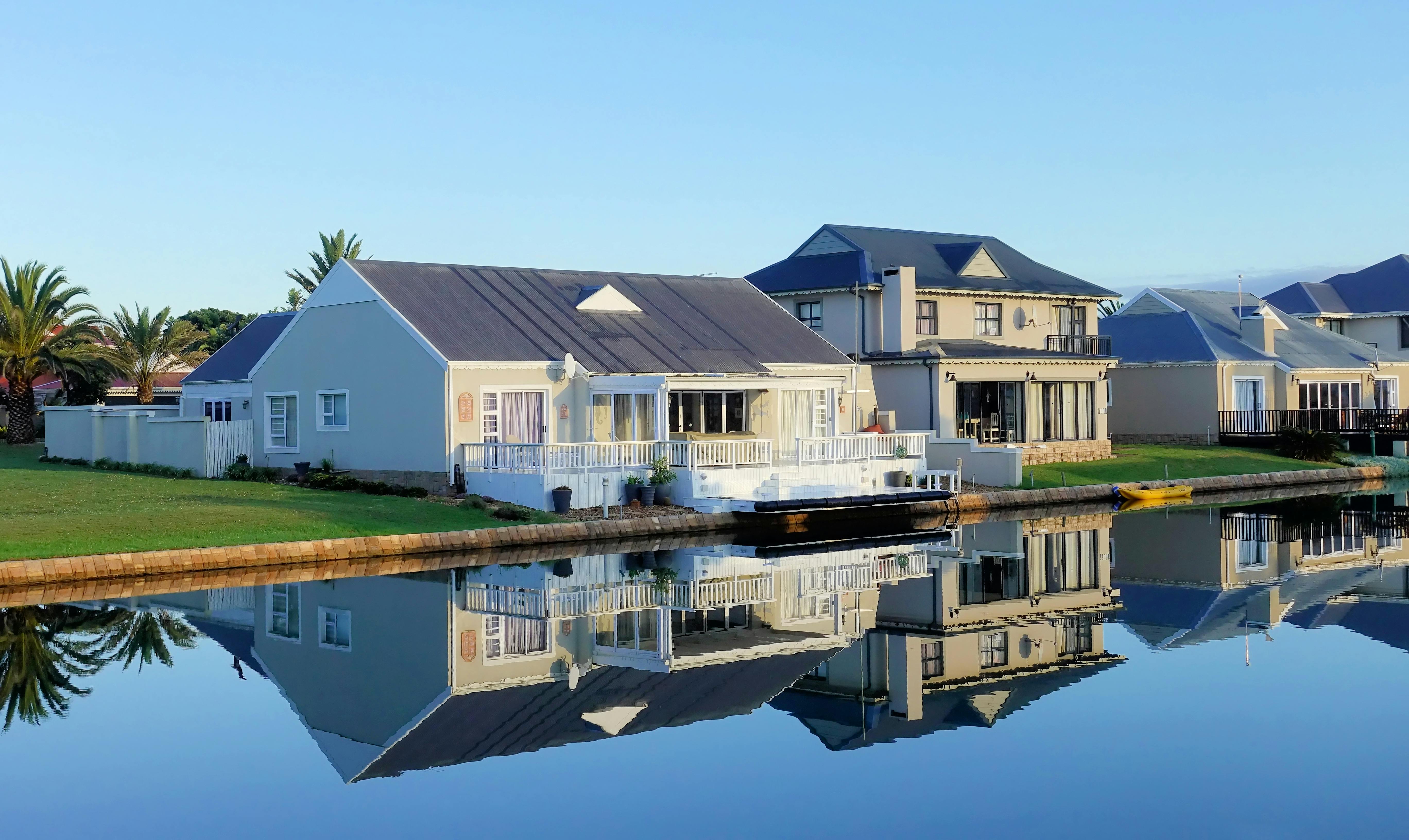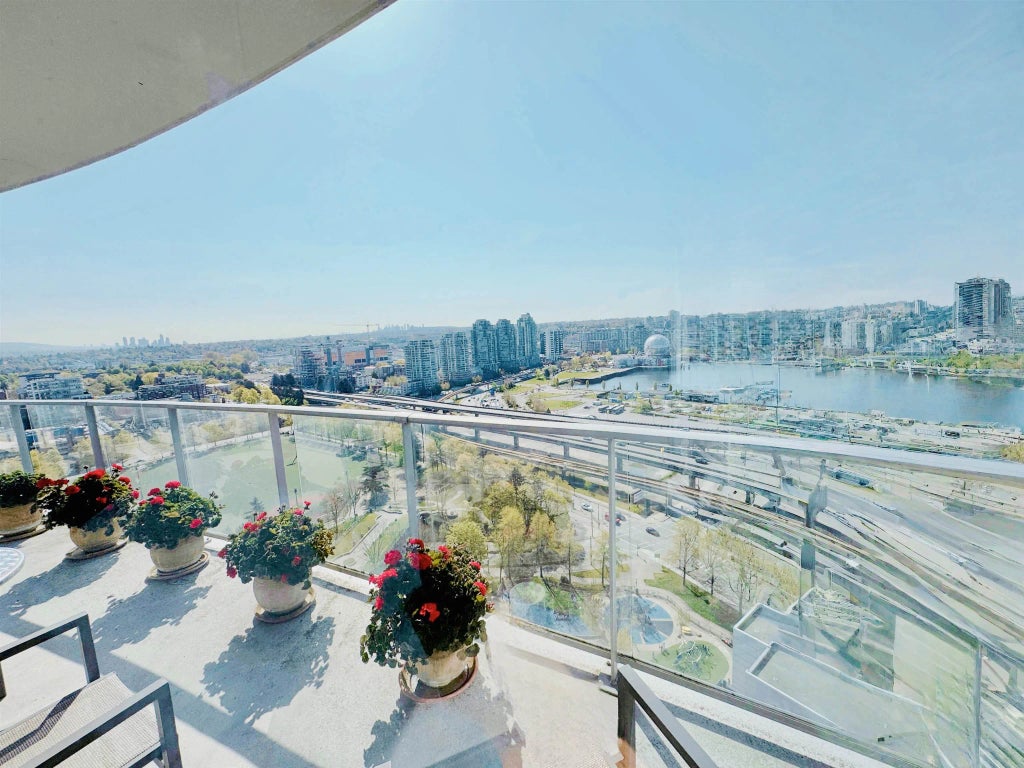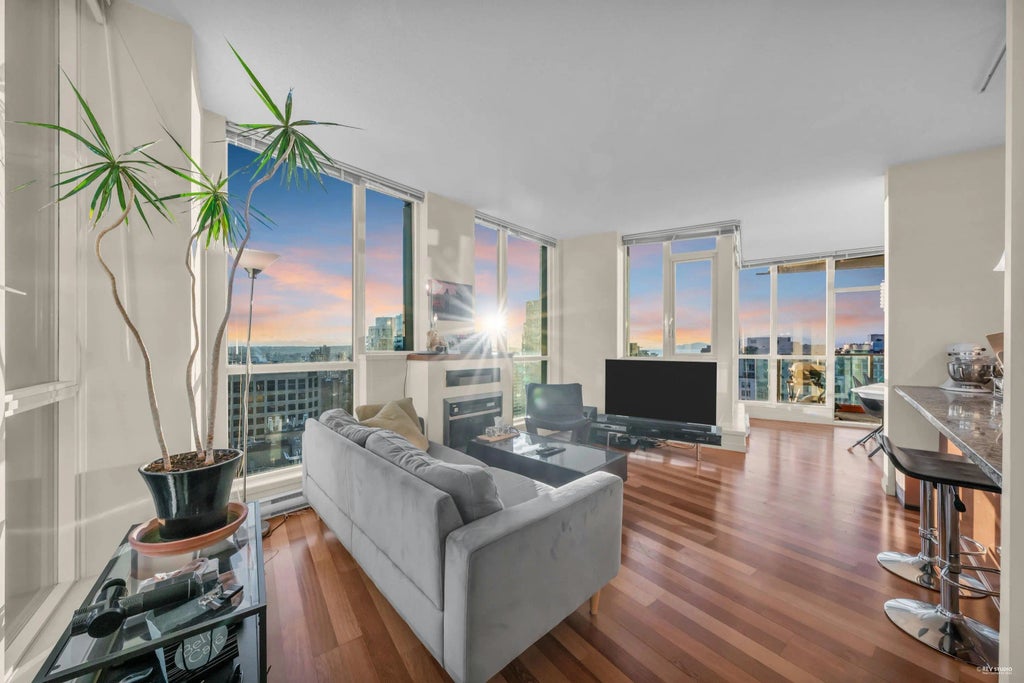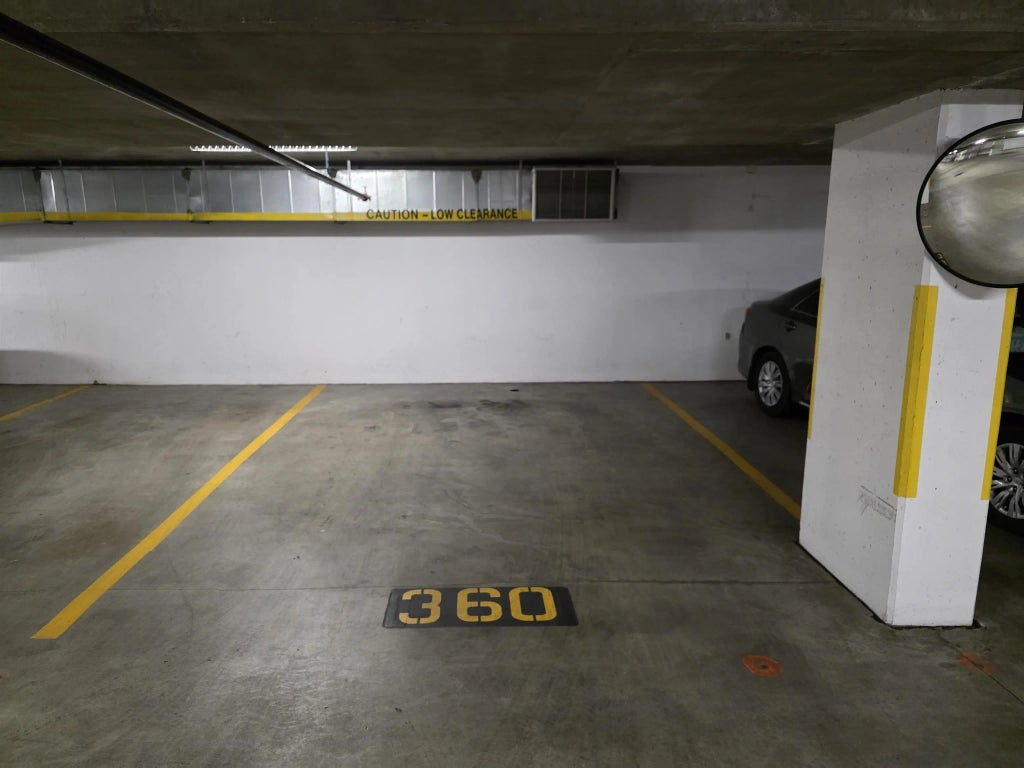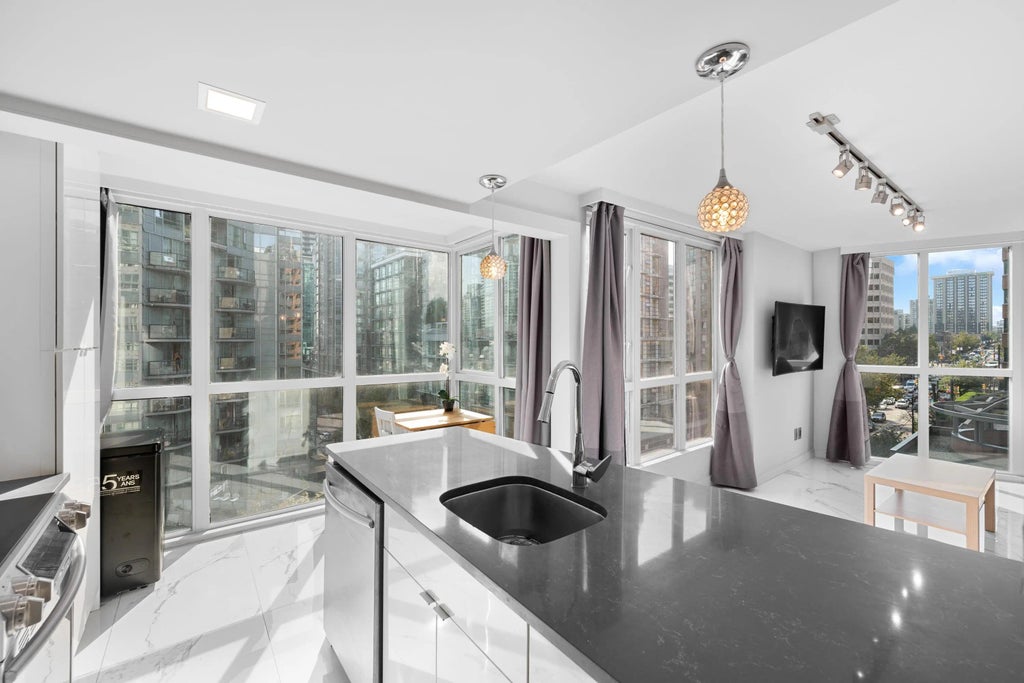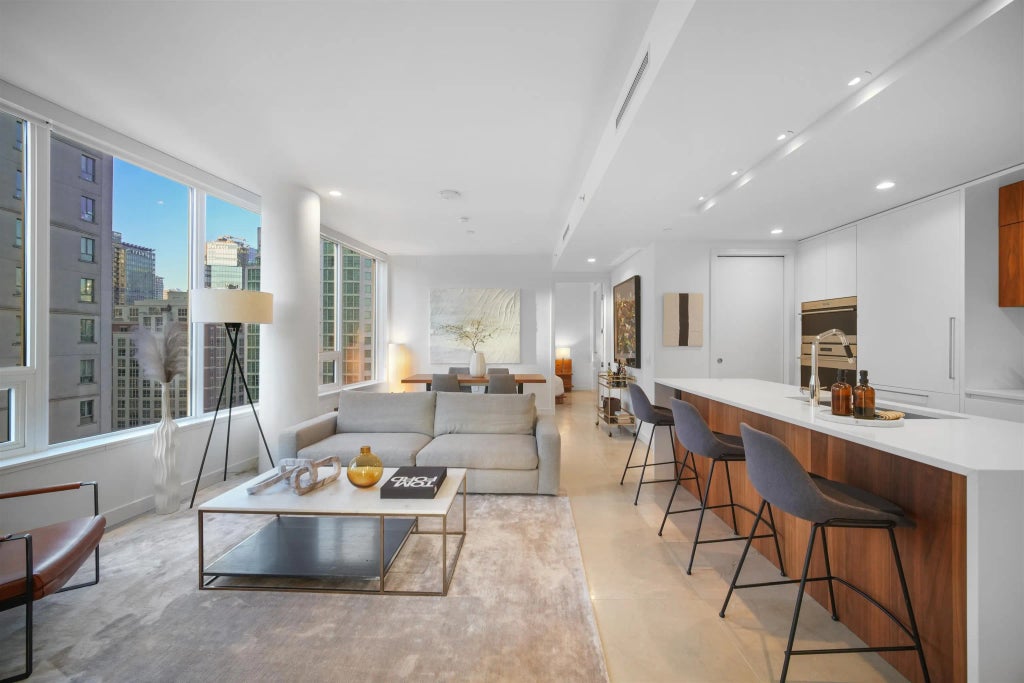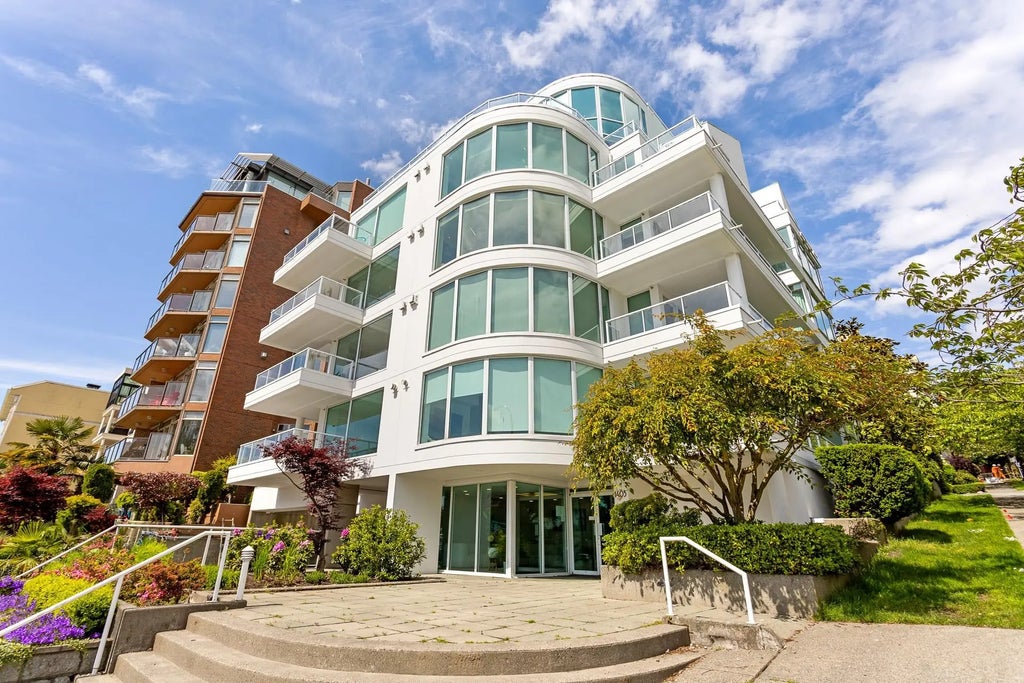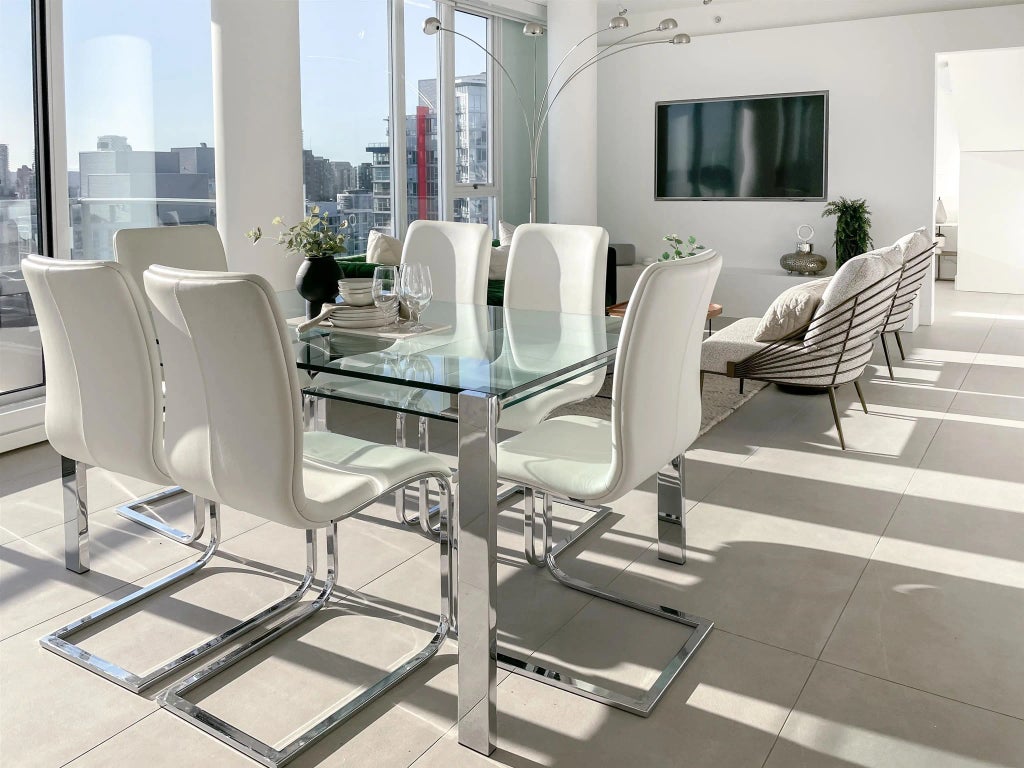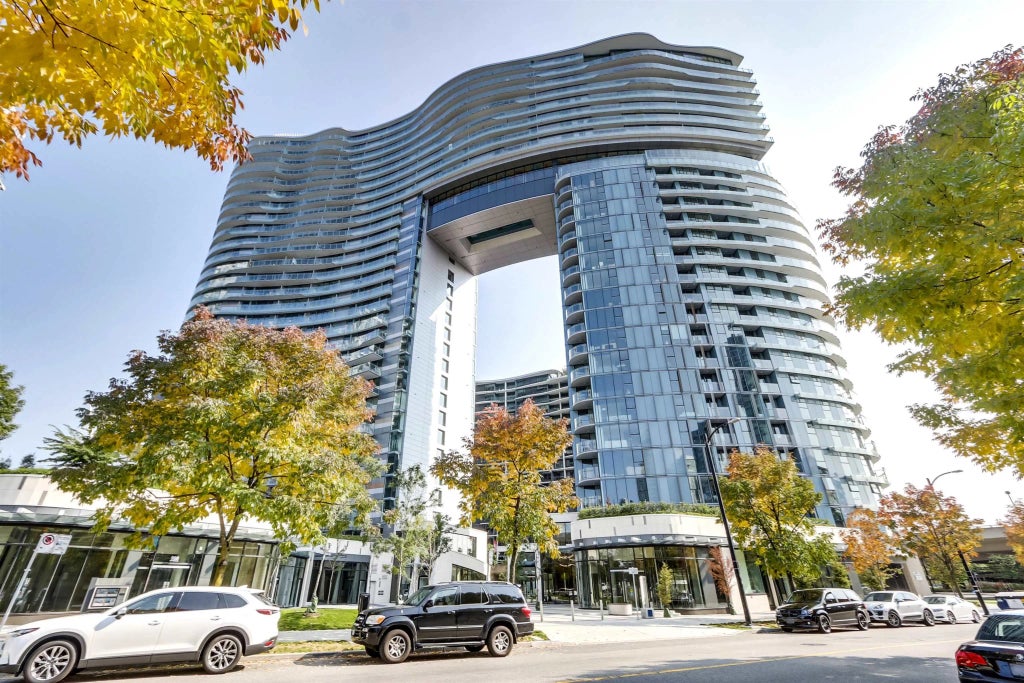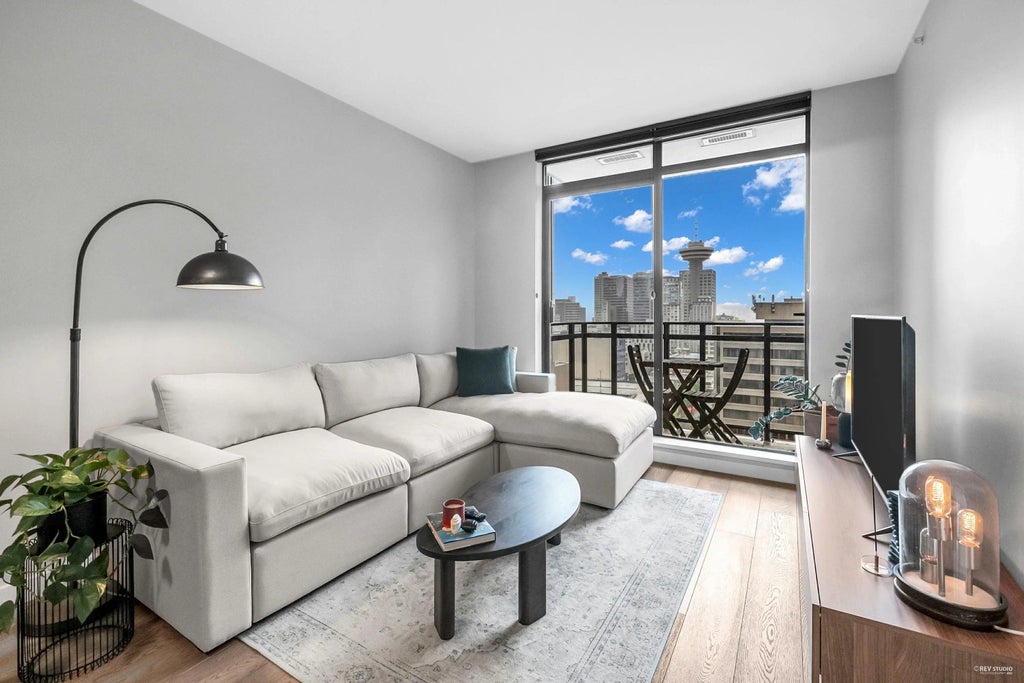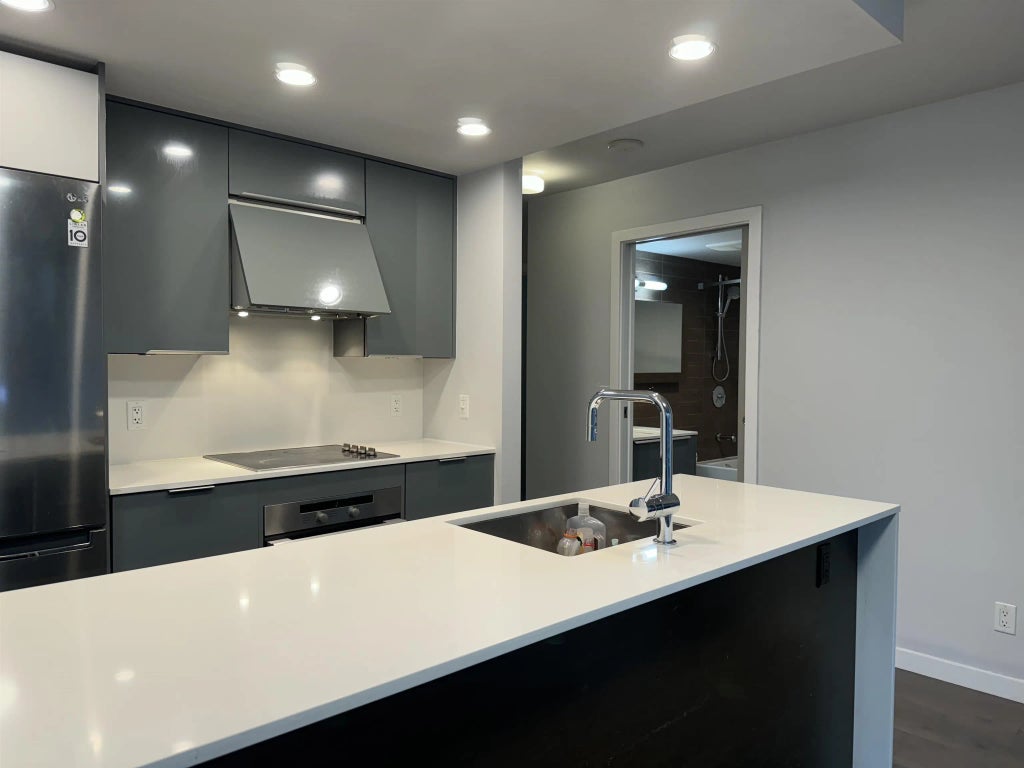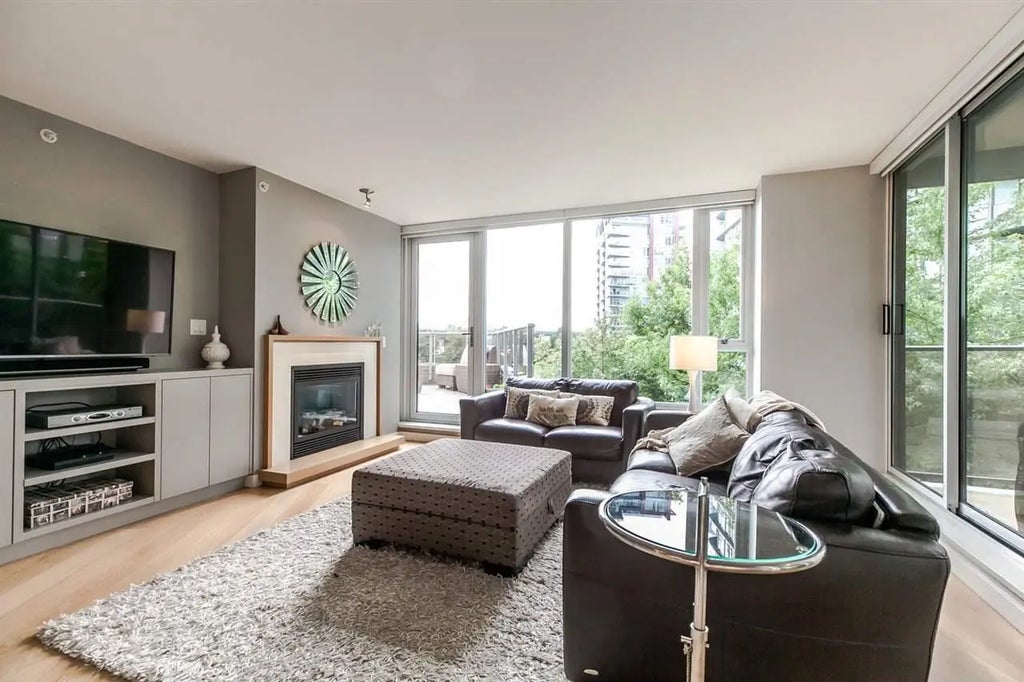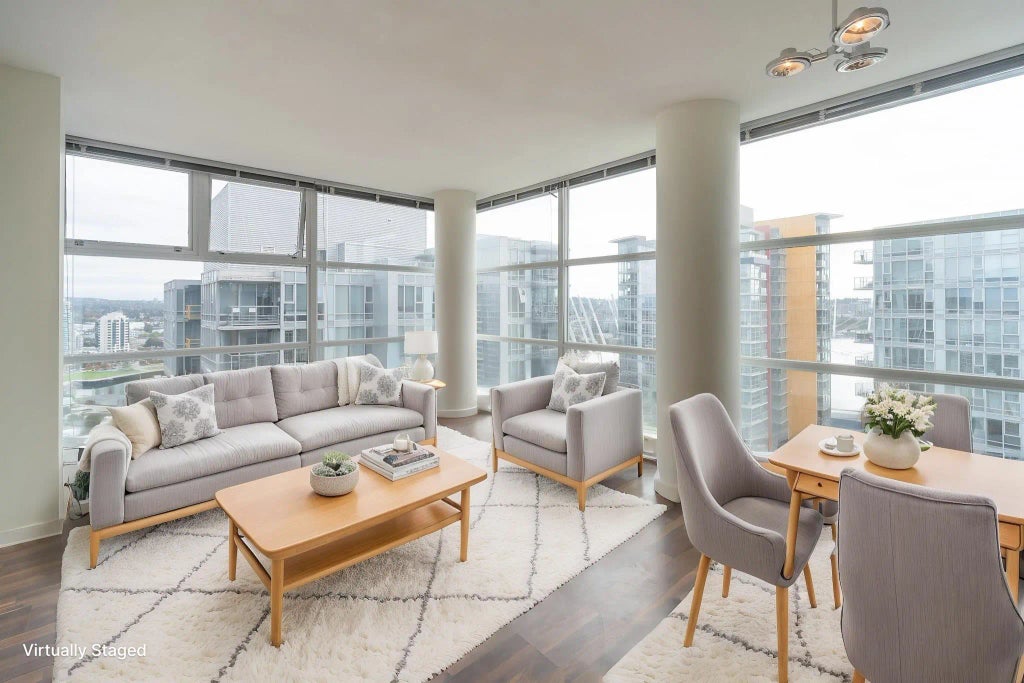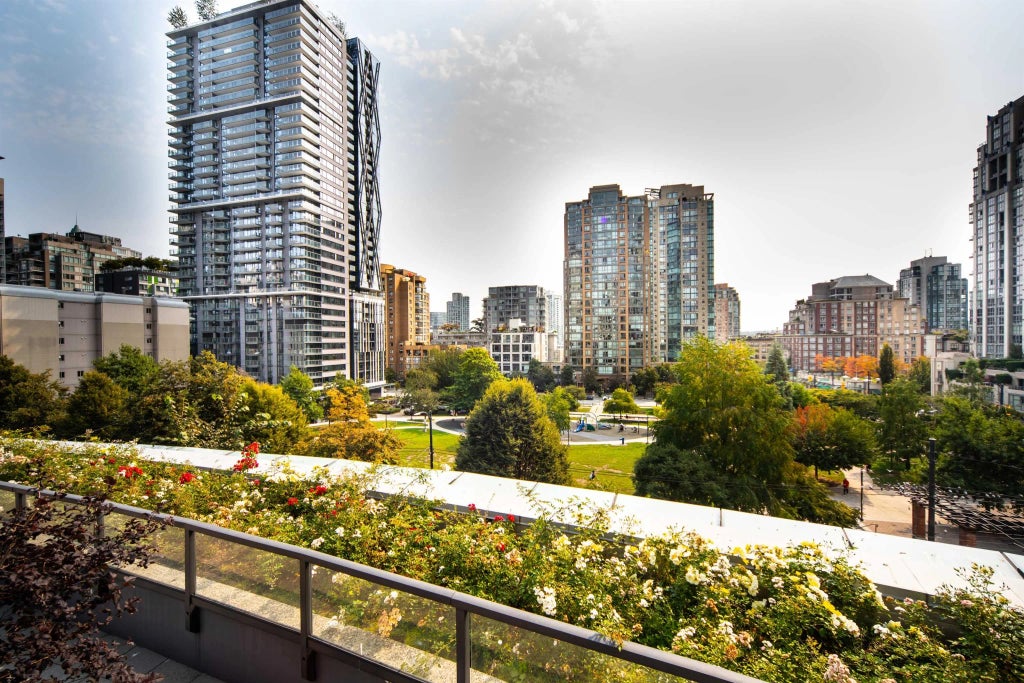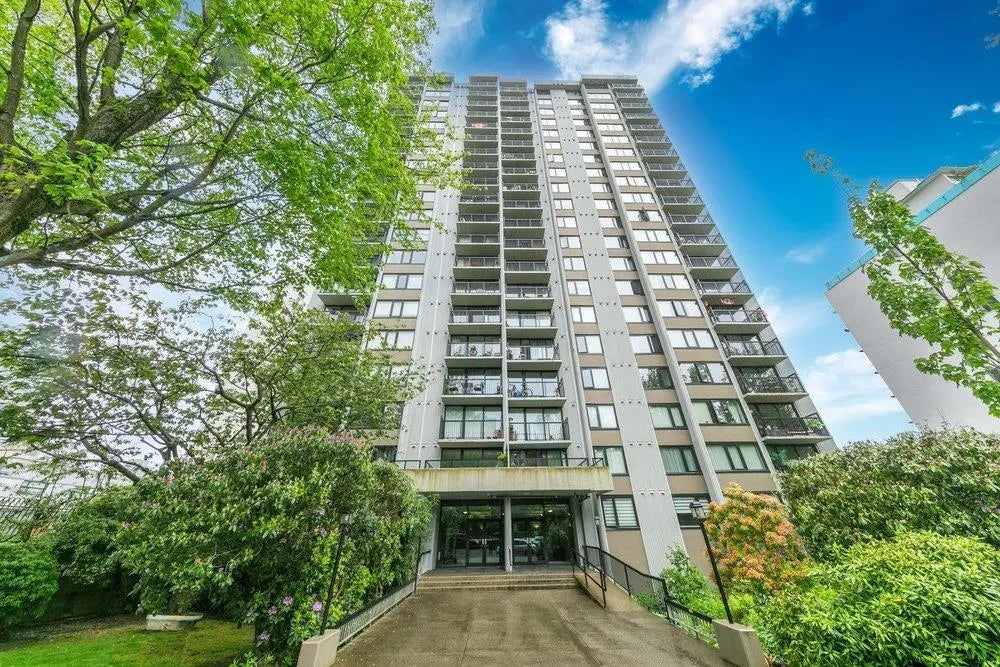Buying a home is an exciting milestone, but it can also feel overwhelming. With so many houses on the market, how do you know if a home is the right fit for your needs? Every buyer – whether a first-time homebuyer, a family looking to upgrade, or an individual relocating for work – wants to find that just right house that feels like home. This house hunting guide will walk you through key factors to evaluate, helping you focus on what to look for when buying a house so you can be confident you're buying the right home for your situation. We’ll cover practical home buyer tips – from making a needs checklist to assessing location, size, features, and more – to answer the big question: "Does this home fit my needs?"
Identify Your Needs vs. Wants
The first step in finding the perfect home is knowing your own priorities. This means clearly distinguishing your must-have needs from your nice-to-have wants. A need is something essential that you can’t compromise on, whereas a want is a desirable extra that you could live without. For example, you might need three bedrooms to comfortably accommodate your family, but want a home with a swimming pool. If you work from home, you may need a dedicated office space, while an updated gourmet kitchen might be more of a want. Writing down these requirements as a home buying checklist is a great idea. It forces you to pinpoint what features are non-negotiable for you and what features would just be a bonus.
Defining your priorities early on will help choose the right house and save you time. You can immediately skip homes that don't meet your critical needs, which prevents wasted effort on mismatched properties. It also curbs the temptation of emotional impulse buys – like falling in love with a beautifully staged living room in a house that lacks something important like a garage or enough bedrooms.
Tip: If you’re part of a couple or family, have each person list their top needs and wants separately, then compare notes. This ensures everyone’s priorities are considered, and it highlights where you might need to find a middle ground.
Set a Realistic Budget (Financial Fit)
A home could have everything you need and want, but if it doesn’t fit your budget, then it doesn’t truly fit your needs. Before you even start browsing listings, take a hard look at your finances and determine a comfortable price range. This means figuring out how much house you can afford not just for the purchase, but on an ongoing basis.
When calculating your budget, remember it’s not just the sticker price of the house – it’s also property taxes, homeowner’s insurance, and potential HOA fees. Think about utilities and maintenance costs as well, which will vary based on the home’s size, age, and features. Leave some cushion for one-time expenses like closing costs, moving expenses, and any immediate improvements you’ll need upon move-in.
Home buyer tip: Be disciplined about your budget before you go house hunting. It can be tempting to “just look” at homes outside your price range, but this often leads to heartache or risky financial decisions.
Location and Neighborhood
The location of a home is something you cannot change, so it’s a huge factor in determining if a home fits your needs. Think about how the neighborhood and area will impact your daily life and long-term happiness. Key location factors include the commute distance to your work, the quality of local schools, proximity to family and friends, and convenience to amenities like grocery stores, restaurants, parks, and healthcare facilities.
If you are relocating for work or moving to an unfamiliar city, invest time in researching neighborhoods before you commit. Drive through different neighborhoods, check maps for nearby facilities, and observe the area at different times of day to see if you feel comfortable. Safety and community atmosphere should always be priorities.
Also consider how the location might influence the future value of the home. A beautiful house in a less desirable area might not appreciate much, whereas a smaller house in a prime location could be a better investment.
Size, Layout, and Space Requirements
The size and layout of a home should align with your living requirements. Start with the basics: How many bedrooms and bathrooms do you need to accommodate everyone in your household? If you frequently have guests or plan on expanding your family, an extra guest room or a flexible space might be essential.
A well-laid-out home can feel more spacious than a larger but poorly designed one. Pay attention to how the space is organized: Is the floor plan open or segmented? Are the bedrooms clustered together or separated? Does the kitchen connect well with the dining and living areas?
Also consider storage and outdoor space. Does the house have enough closets, a garage, or a basement for storage? Outdoor areas can be important for kids, pets, or entertaining.
Home Features and Amenities
The features and amenities of a home play a big role in daily comfort. Common interior features to evaluate include kitchen layout and appliances, flooring type, natural light, and built-in storage. Exterior amenities might include a garage, deck or patio, fenced yard, landscaping, or even energy-efficient upgrades.
Be careful not to be overly swayed by cosmetic upgrades. Paint colors and light fixtures are easy to change, but fundamental aspects like layout and location are not. Prioritize features that meet your must-have needs, and think about whether you can add missing features later.
Condition of the Home and Maintenance Factors
No matter how perfect a house seems in other ways, it’s crucial to evaluate its condition. Pay attention to:
-
Roof and Exterior – Check for wear or damage.
-
Windows and Doors – Look for proper sealing and operation.
-
Plumbing – Test water pressure and inspect for leaks.
-
Heating/Cooling and Electrical – Ask about system ages and functionality.
-
Foundation – Look for cracks or uneven floors.
A professional home inspection is essential. It can reveal hidden issues and give you a realistic picture of the repairs or upgrades needed.
Also think about your comfort level with ongoing maintenance. If you prefer low upkeep, a newer or recently renovated home might suit you better than a fixer-upper.
Future Plans and Long-Term Suitability
Consider how well the home will fit your life in five to ten years. If you plan to start a family, is there space for growth? If you anticipate downsizing later, is the home manageable in size and upkeep?
If you think you might move again in a few years, consider the resale potential. Homes in desirable neighborhoods with popular layouts tend to be easier to sell.
Trusting Your Instincts vs. Staying Practical
Buying a home involves both logic and emotion. It’s okay to feel excited when you find a place that “feels right,” but don’t let emotions override important needs or your budget. Stick to your checklist and also pay attention to any gut feelings that something isn’t right.
Final Home Buying Checklist
Before making an offer, ask yourself:
-
Is it within my budget, including all ongoing costs?
-
Does it meet my must-have needs?
-
Is the location right for my lifestyle?
-
Does the size and layout work for my household?
-
Are the features and amenities aligned with my priorities?
-
Is the home in a condition I’m comfortable with?
-
Will it still work for me in the future?
-
Do I feel good about living here?
Conclusion
Choosing a home is a major decision, but by identifying your needs, sticking to your budget, evaluating the location, and considering the home’s features, condition, and future suitability, you can confidently decide if a property truly fits your needs. Buying the right home means finding a balance between practical requirements and the feeling of comfort and happiness that comes when you picture yourself living there. With a clear home buying checklist and thoughtful consideration, you’ll be ready to say: “Yes, this home truly fits my needs.”
FAQs
Q1: How do I know if a home truly fits my needs?
A: Start by creating a clear list of your must-have needs and nice-to-have wants. Compare each property to your list, focusing on budget, location, size, layout, features, and long-term suitability.
Q2: What is the most important thing to look for when buying a house?
A: The most important factors are location, budget, and whether the home meets your essential needs. A great house in the wrong area or beyond your financial comfort isn’t the right fit.
Q3: Should I compromise on some features if the home meets most of my needs?
A: Yes, most buyers need to make some compromises. Focus on meeting your must-have needs and remember that many wants, like cosmetic upgrades, can be added later.
Q4: How can I make sure a home will meet my future needs?
A: Think ahead five to ten years. Consider potential family growth, lifestyle changes, or job relocations. Look for homes with adaptable layouts and features that can support those changes.
Q5: Why is a home inspection important when deciding if a house is right for me?
A: A home inspection reveals the property’s condition, including any repairs or upgrades needed. This helps you decide if the home is still a good fit based on your budget and comfort level with maintenance.
